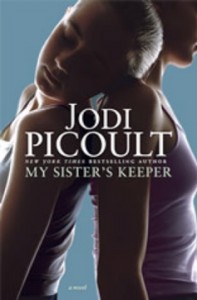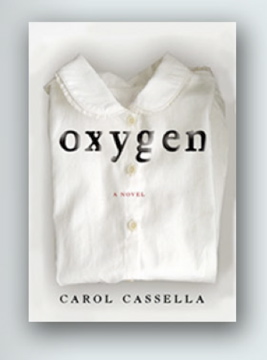Even though I’m still reading Nora Roberts’ Vision in White (every time I open the book to read it, I end up falling asleep shortly afterwards due to exhaustion and my sleepy pill working really fast!), I have read Change of Heart by Jodi Picoult. I LOVE her stories! I can’t say it enough, I la-la-la-love them!

Synopsis from www.jodipicoult.com:
Shay Bourne – New Hampshire’s first death row prisoner in 69 years – has only one last request: to donate his heart post-execution to the sister of his victim, who is looking for a transplant. Bourne says it’s the only way he can redeem himself…but with lethal injection as his form of execution, this is medically impossible. Enter Father Michael Wright, a young local priest. Called in as Shay’s spiritual advisor, he knows redemption has nothing to do with organ donation – and plans to convince Bourne. But then Bourne begins to perform miracles at the prison that are witnessed by officers, fellow inmates, and even Father Michael – and the media begins to call him a messiah. Could an unkempt, bipolar, convicted murderer be a savior? It seems highly unlikely, to the priest. Until he realizes that the things Shay says may not come from the Bible…but are, verbatim, from a gospel that the early Christian church rejected two thousand years ago…and that is still considered heresy.
Change Of Heart looks at the nature of organized religion and belief, and takes the reader behind the closely drawn curtains of America’s death penalty. Featuring the return of Ian Fletcher from Keeping Faith, it also asks whether religion and politics truly are separate in this country, or inextricably tangled. Does religion make us more tolerant, or less? Do we believe what we do because it’s right? Or because it’s too frightening to admit that we may not have the answers?





